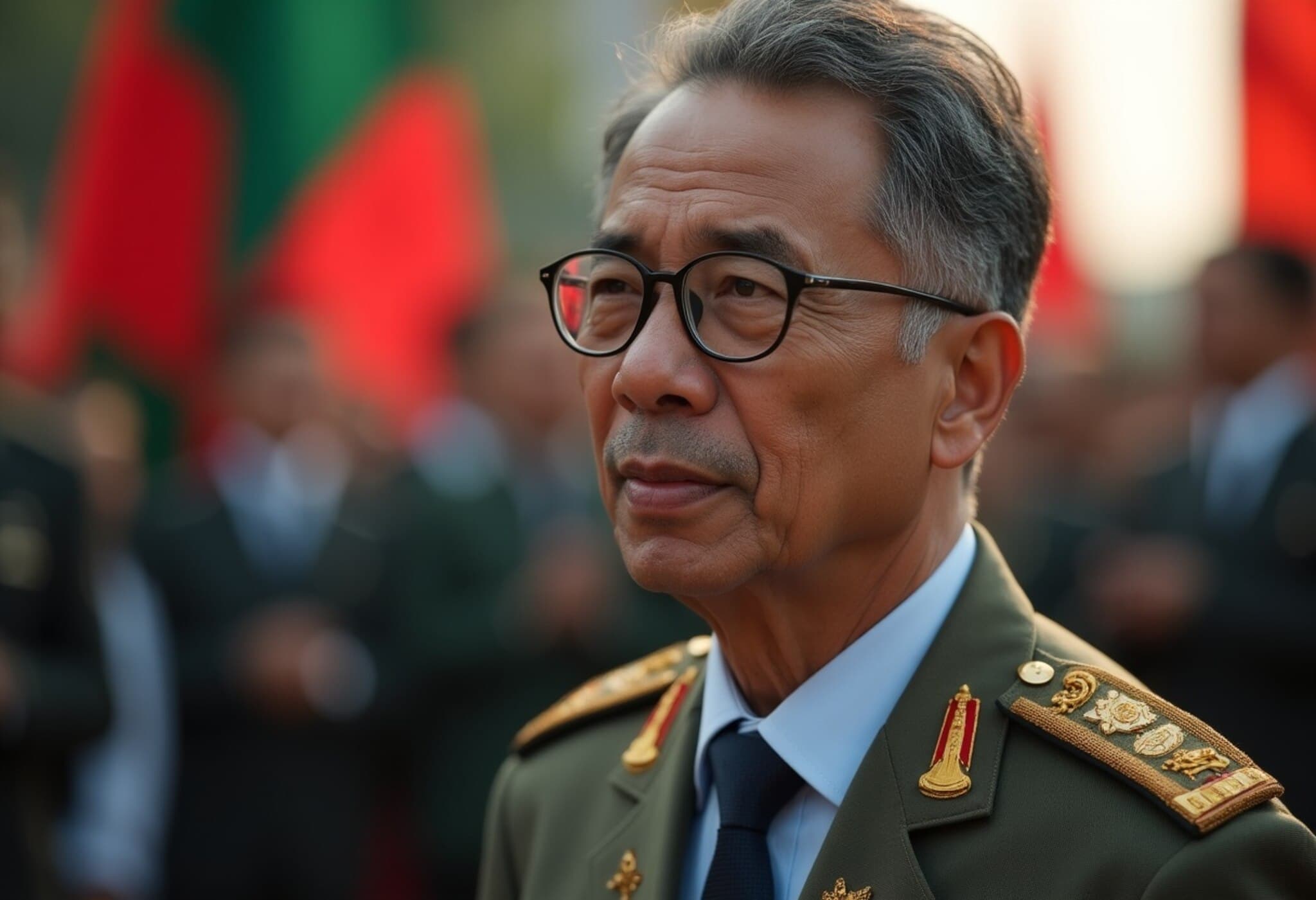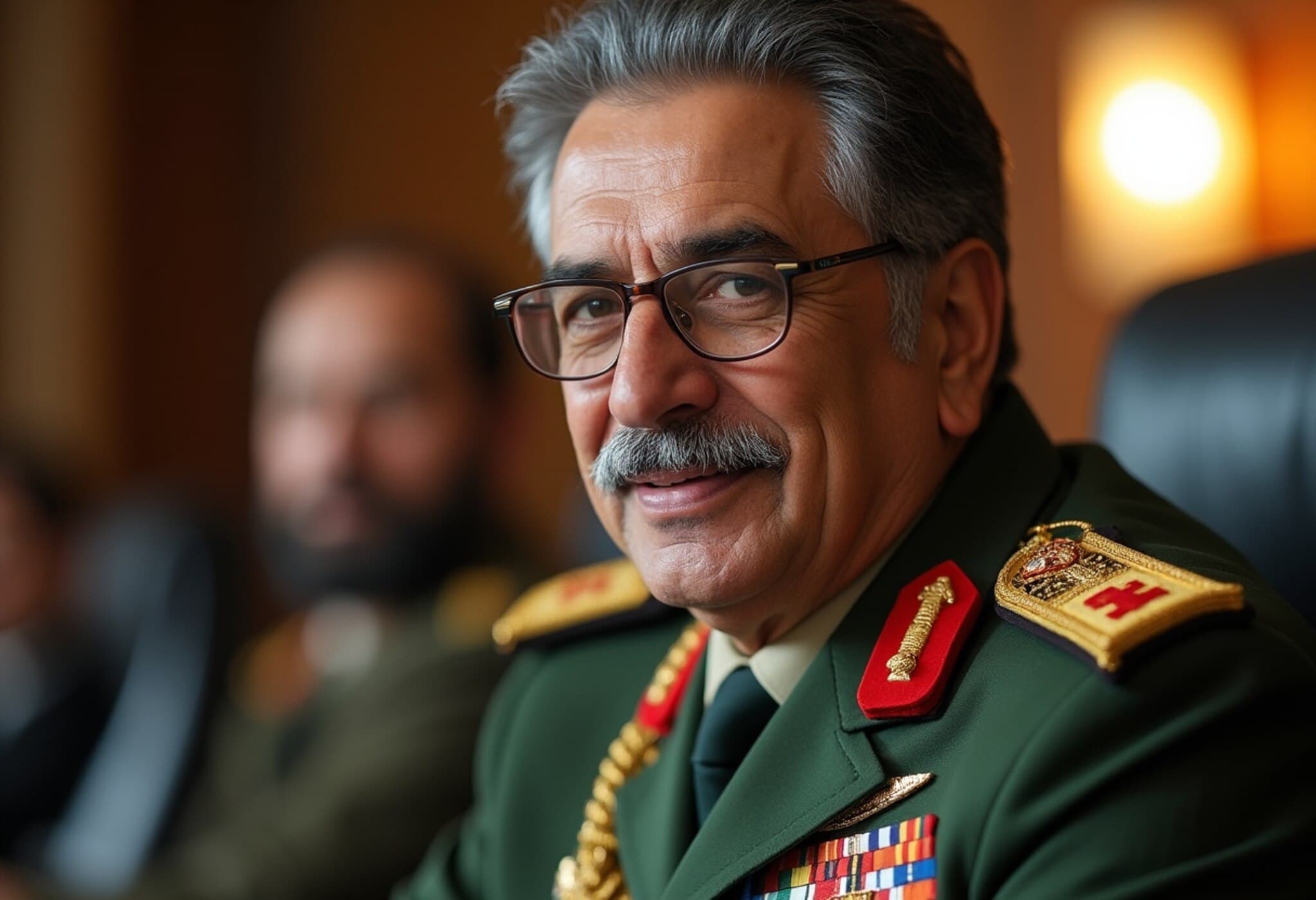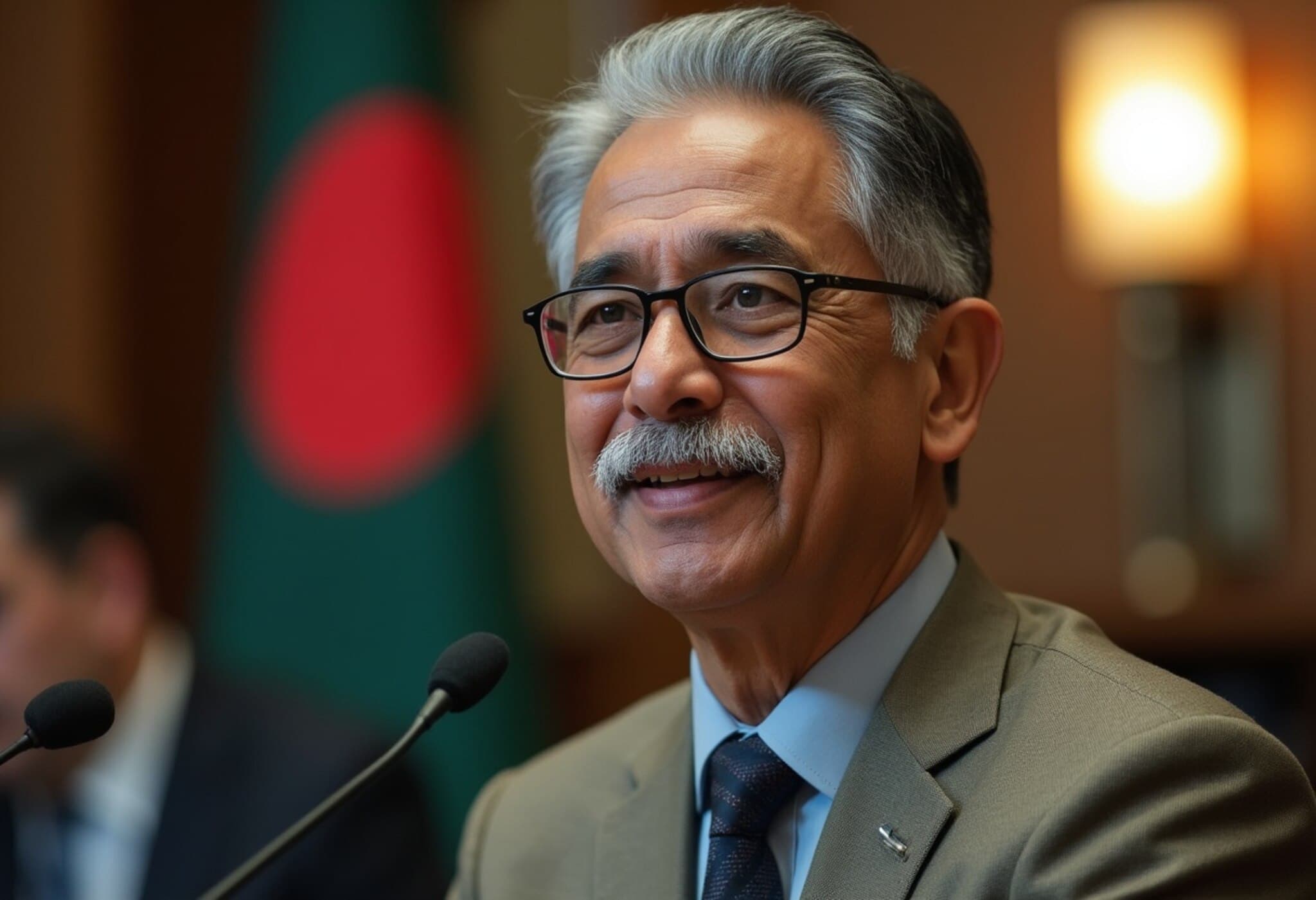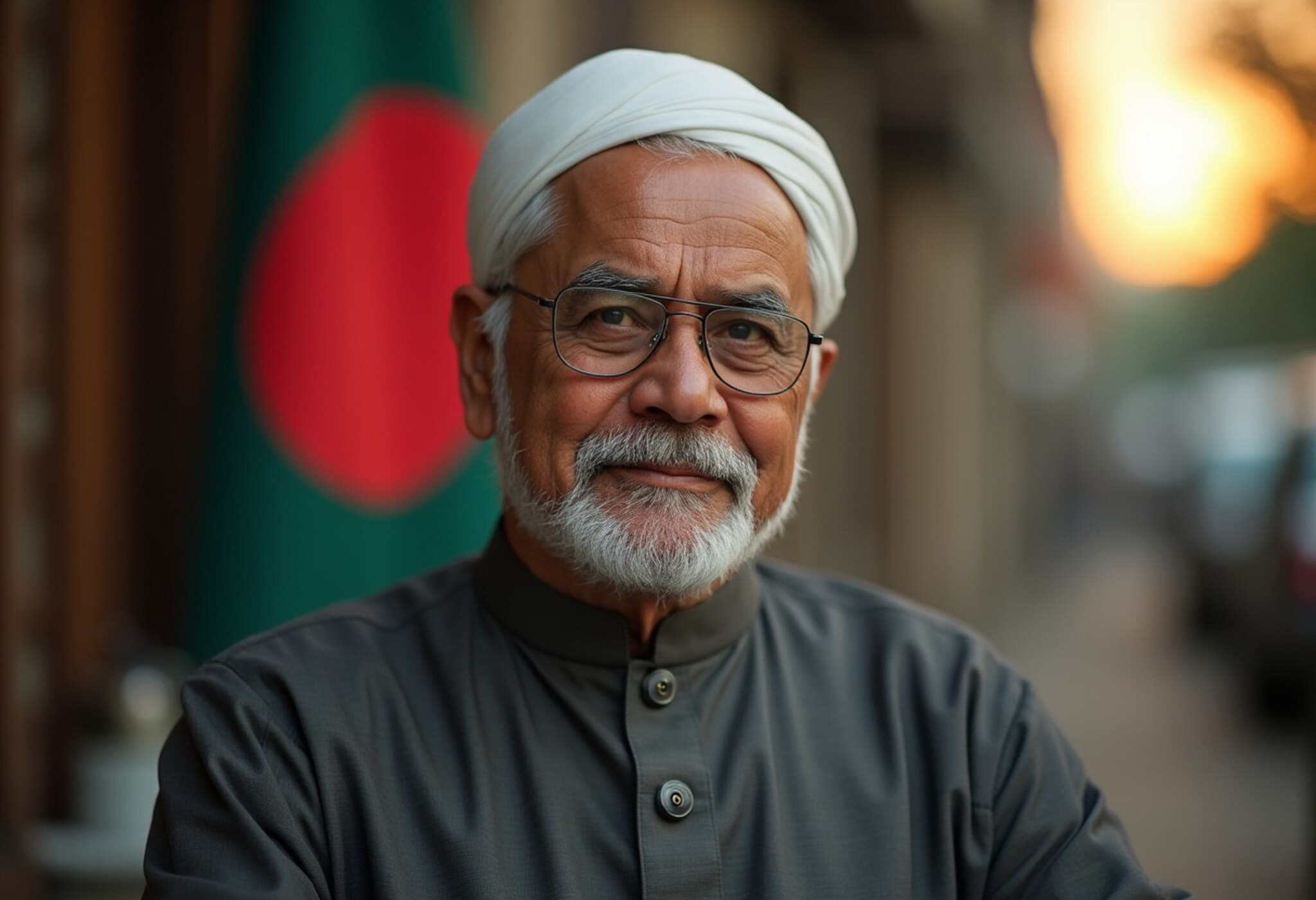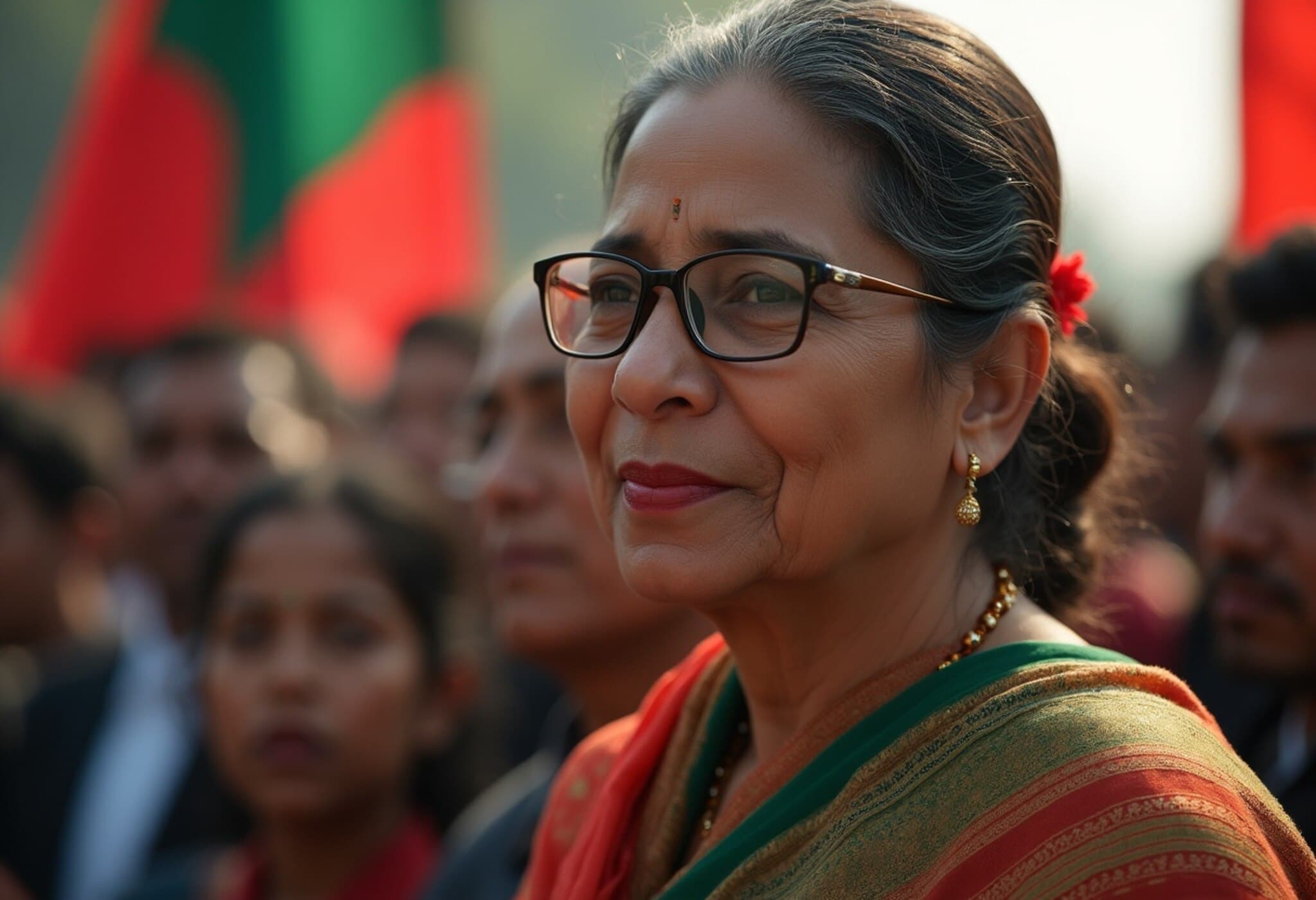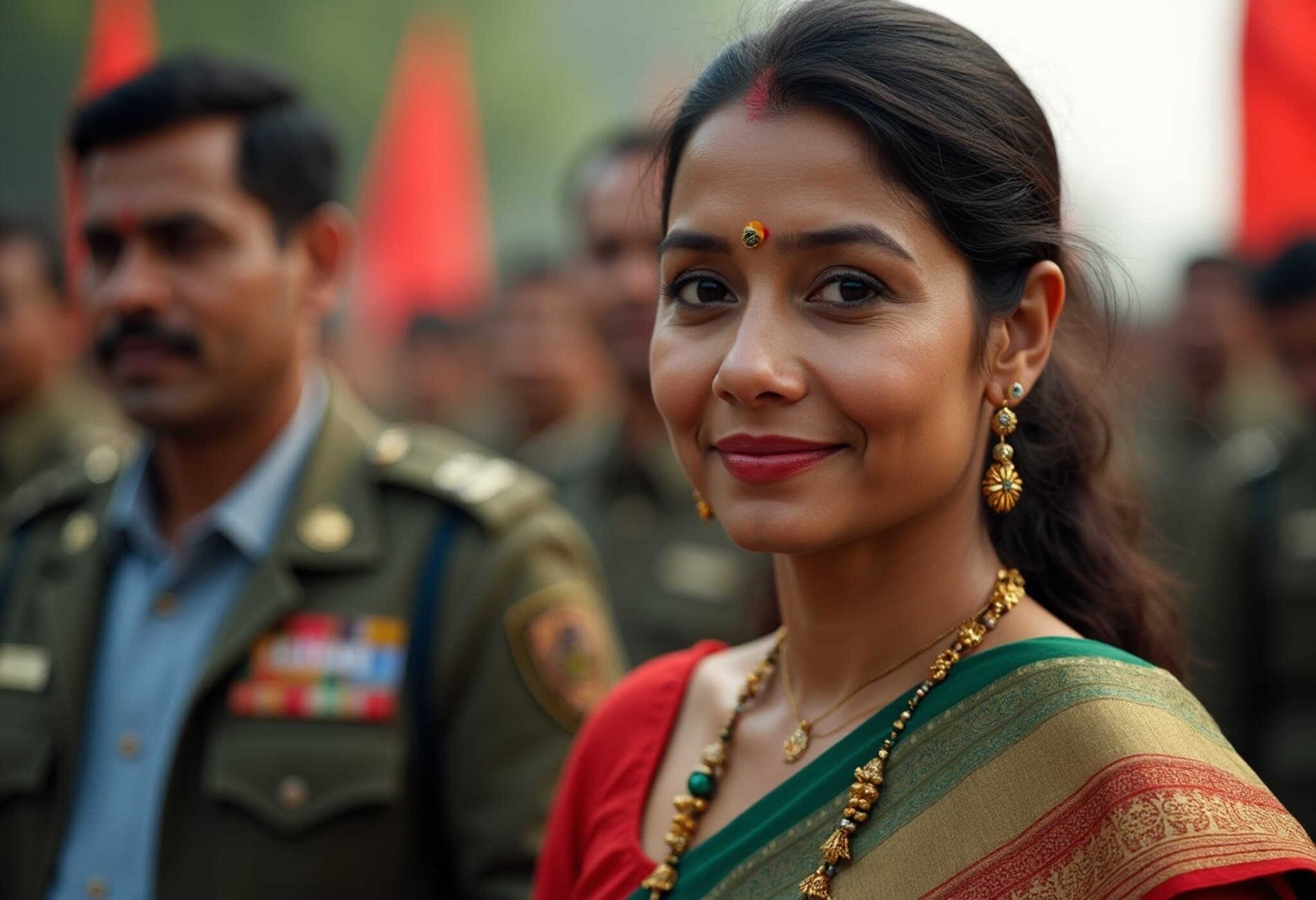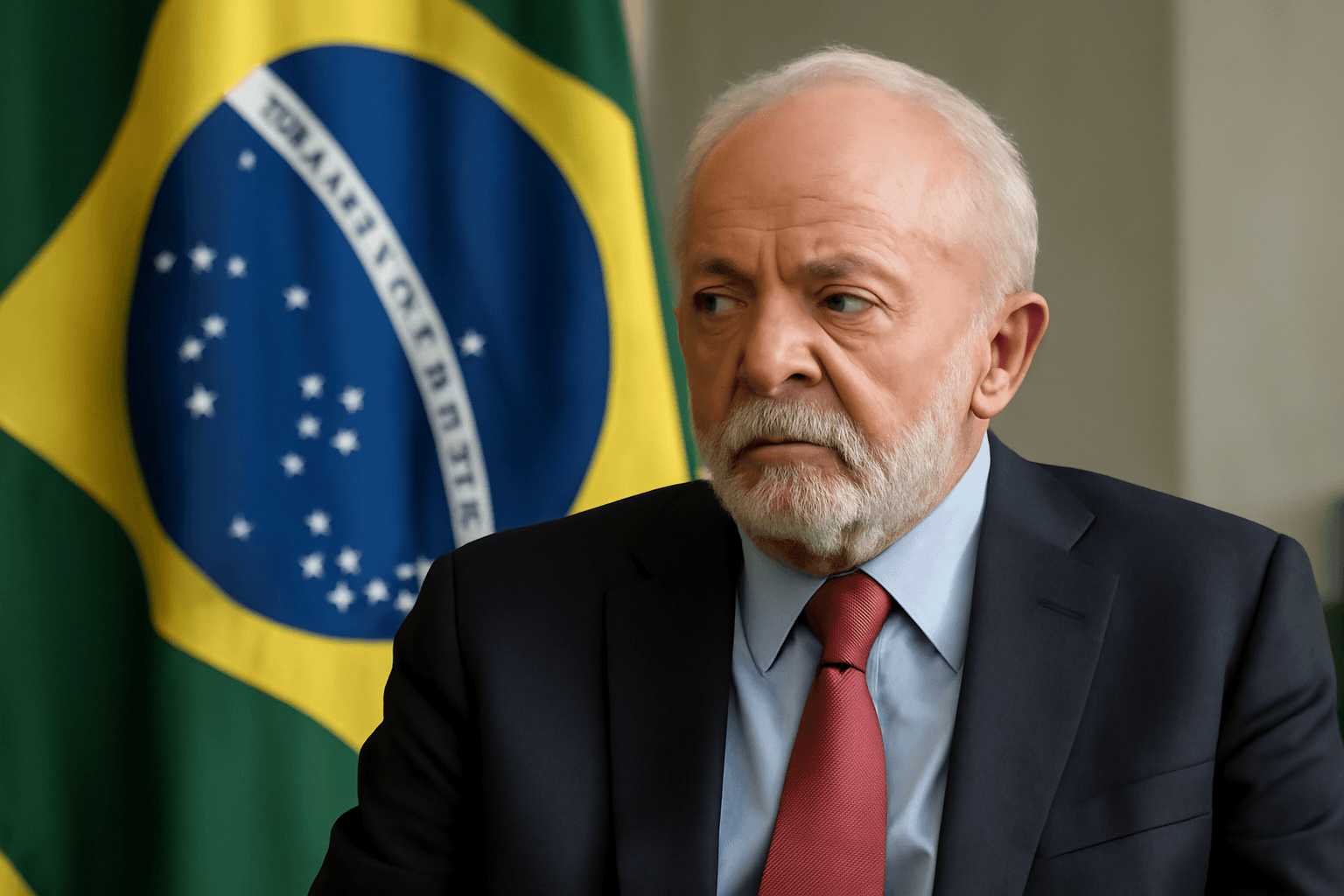Bangladesh to Hold National Elections in February 2026, Announces Chief Adviser Yunus
In a landmark televised address on August 5, 2025, Bangladesh’s Chief Adviser Muhammad Yunus declared that the nation’s next parliamentary elections will take place in February 2026, ahead of the Islamic holy month of Ramzan. This announcement comes on the first anniversary of the historic “July Uprising,” a student-led movement that catalyzed significant political change by ending the long tenure of the former Prime Minister.
Context Behind the Announcement
The “July Uprising” of 2024 marked a pivotal moment in Bangladesh’s recent political history. What started as student protests quickly transformed into a nationwide movement demanding transparency, good governance, and democratic reforms. The interim government, under Chief Adviser Yunus, credits this movement with steering the country toward a reformed constitutional framework.
“On behalf of the interim government, I will send a formal letter to the Chief Election Commissioner requesting that the Election Commission organize the national election by February 2026, before Ramzan begins,” Yunus stated emphatically. The Islamic fasting month Ramadan is anticipated to commence around February 17 or 18, 2026, making the timing of elections particularly significant for Muslim-majority Bangladesh.
Implications of Advancing Election Dates
Previously, the general elections were scheduled for mid-April 2026, which would have placed them during or after Ramzan. Moving the elections forward by roughly two months suggests a strategic approach to:
- Avoid electoral campaigns during the holy month, when voter turnout can be affected due to fasting and religious observances.
- Capitalize on the momentum generated by the student-led uprising and interim government's recent constitutional reforms.
- Demonstrate a commitment to adhere to promises of democratic transition and political stability.
Regional and Global Perspectives
Bangladesh's decision to expedite elections aligns with broader regional trends where transitional governments seek to reaffirm democratic mandates following periods of unrest or caretaker rule. Experts note that successful management of fair elections in Bangladesh will be closely watched by neighboring countries and international observers given Bangladesh’s strategic economic and geopolitical position in South Asia.
Moreover, the move coincides with efforts to balance religious sensitivities and democratic imperatives — a challenge often faced in Muslim-majority nations. Experts in political science emphasize that the timing of elections can significantly impact voter engagement and legitimacy perceptions.
Looking Ahead: Challenges and Opportunities
While Yunus’s announcement signals a hopeful restoration of democratic processes, several questions remain:
- Will the Election Commission be equipped to organize transparent and credible elections within the shorter timeframe?
- How will opposition parties and civil society respond to the advanced schedule?
- What mechanisms will be established to ensure that the constitutional reforms promised by the interim government are fully implemented after elections?
Bangladesh stands at a crossroads — balancing the aspirations ignited by its youth-driven movement against the practicalities of political transition in a complex socio-religious landscape.
Editor’s Note
Chief Adviser Muhammad Yunus’s commitment to hold elections ahead of Ramadan not only underscores Bangladesh's dedication to democratic renewal but also highlights the intricate interplay between politics and culture in shaping election timelines. As the world watches, the success of these elections will significantly influence Bangladesh’s stability and democratic trajectory. Readers should consider the broader ramifications of election timing on voter participation and democratic legitimacy, especially in countries navigating post-uprising reforms.
Stay informed: Understanding the nuances behind election scheduling is key to appreciating the democratic challenges faced by emerging political systems across Asia.

